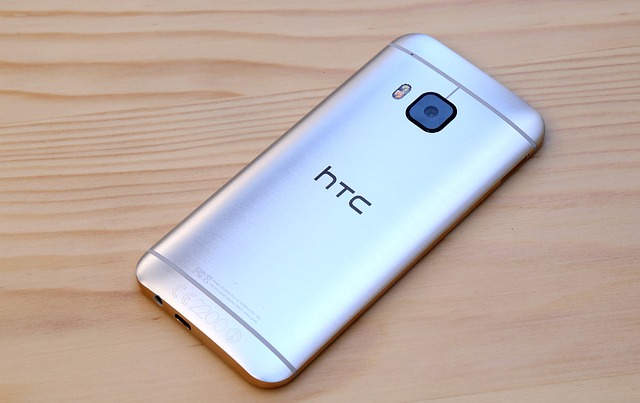5 Ways Technology Affects Your Quality Of Sleep

In the U.S., nearly everyone uses some form of technology within an hour of going to bed at night. It’s easy to see how this is a natural progression for society, as technology surrounds us throughout the day.
However, some people don’t fare as well as others when technology rules the roost. If you’re having trouble getting quality sleep, there are some things you should consider. Take a look at a brief summary, featuring a few ways in which tech can affect the quality of your sleep.
Blue light can affect melatonin production
Blue light is what most of today’s electronic devices emit. Smartphones, tablets, your laptop, your desktop, the television, and a long list of other tech devices emit a steady stream of blue light, and blue light blocks the brain’s production of melatonin.
Melatonin is one of the chemicals in your brain responsible for a good night’s sleep. Though there are a number of conditions that could affect your sleep, shifting some environmental elements is often a simple fix.
Not everyone struggles as much as the other with the effects of blue light, but it’s good to limit your exposure for the last hour before you sleep. Also, turn your phone over on its face while you sleep, so the signal lights won’t disrupt you.
Tech gadgets can be noisy
If you leave the sound on on your smartphone at night, the notifications could disrupt your sleep. Even if you don’t remember waking up, a ping from your phone could draw you out of the deepest realm of your sleep.
When you spend night after night sleeping in short spurts, you place your body at risk of several health complications. Cardiovascular complications and stroke are two of the most severe consequences of low quality sleep for long periods of time.
Overstimulation can keep you up at night
If you end your night laying in bed with your smartphone, you’re likely overstimulating your mind. Bedtime is the time to wind down, and texting, scrolling social media, or playing mobile games all require you to use your brain. You will train your brain to become more active when you lie down when your nightly routine is filled with too much mental stimulation.
WiFi signals affect some people
It is now a known fact that some people are negatively affected by WiFi signals in their home. If you are one of those people, your sleep could be compromised. Also, prolonged exposure to electromagnetic frequencies can lead to sleeping disorders.
Tech addicts have trouble letting go
Addiction to technology is now a thing. Tech is such a centrifugal force for some people that they simply can’t get their minds off of their gadgets at night. If you think you have a tech addiction, it may be time to seek help.




